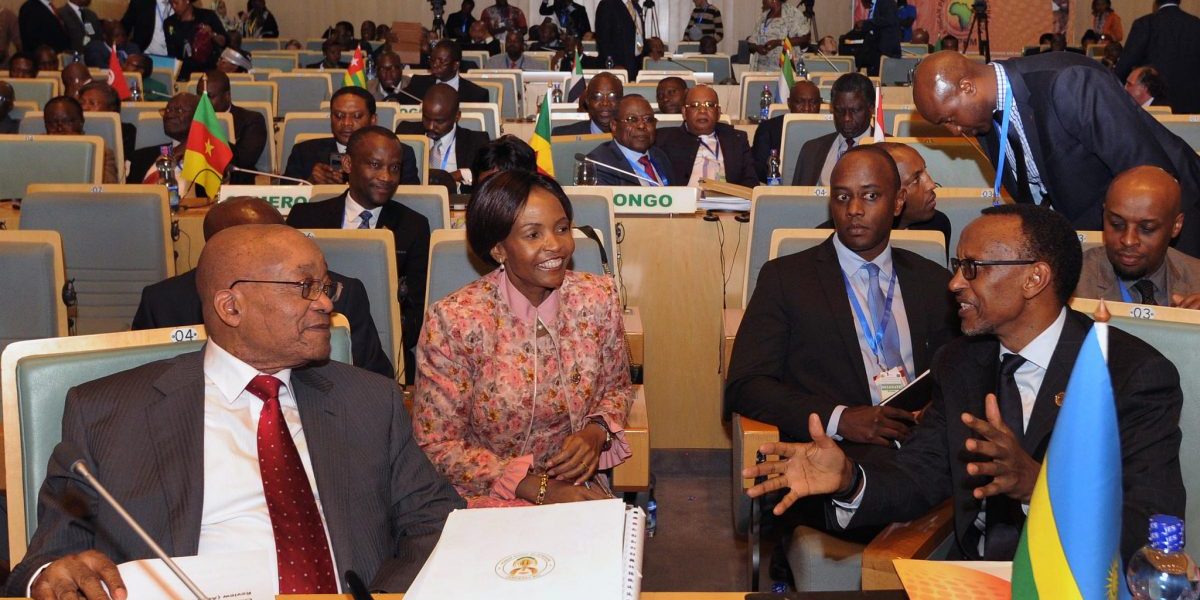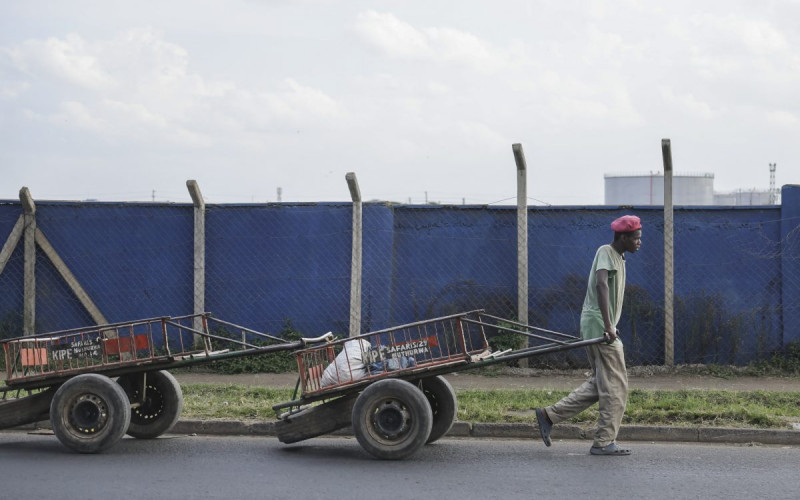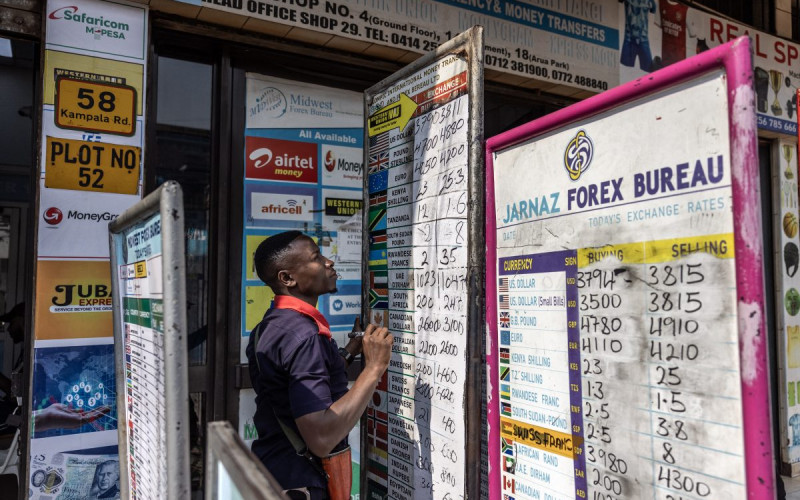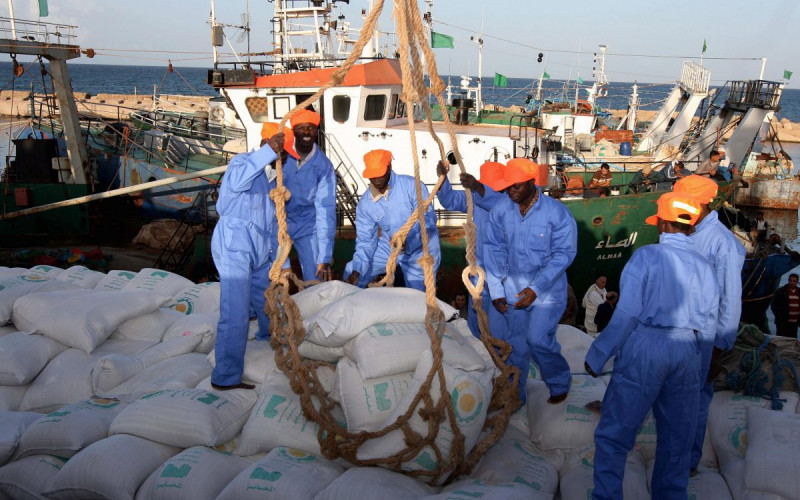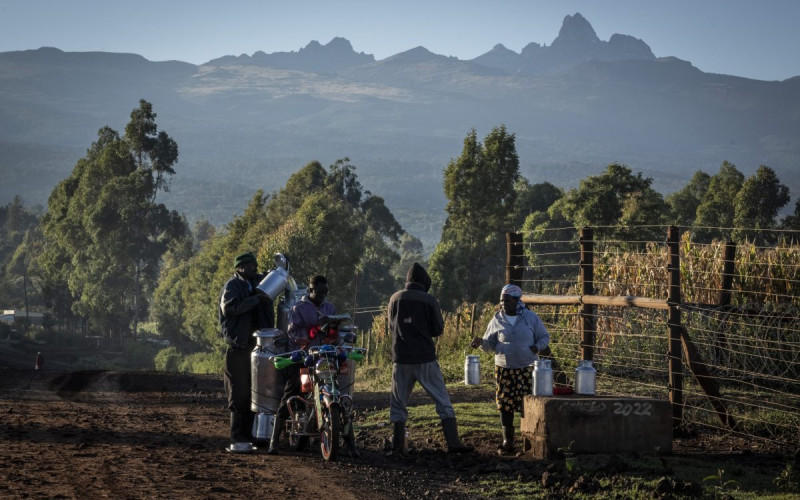Complicated and unnecessary documentation and data requirements for imports and exports, as well as cumbersome customs and border-crossing procedures, are serious barriers to international trade. In some cases, losses to businesses from such inefficiency exceeds tariff costs.
In southern Africa, border delays can stretch to 36 hours, and then cost the region an estimated $48m annually. It is not traders alone who count the cost. When companies and people are inhibited from participating in international trade, their host governments’ growth and development are hindered through reduced trade and tariff revenues.
Therefore, comprehensive, effective, and efficient trade facilitation measures are critical in the World Trade Organisation (WTO) and, more important, in intra-African trade.
The agreement in July last year to negotiate trade facilitation rules in the WTO as part of the Doha development agenda sets the challenge to ensure that the negotiations achieve meaningful results.
The WTO definition of trade facilitation is restricted to the simplification and harmonisation of transactions involved in the movement of goods, and more specifically to customs procedures. A broader definition encompasses all stages of the supply chain, and includes the improvement of trade-related infrastructure and the provision of efficient and competitive services.
Trade facilitation measures aim to reduce the complexity and cost of trade transactions. This involves eliminating unnecessary administrative burdens; reducing nontariff barriers to trade associated with transactions; using new technology to promote cost-effective processes; and curbing customs corruption. It also entails reducing costs of compliance with mandatory and voluntary (industry or consumer-led) codes. While standards are necessary — for example, to uphold basic labour conditions, safeguard consumer health and protect the environment — excessive compliance arrangements can limit market access.
Despite its critical importance, progress in WTO negotiations on this issue has been disappointing, particularly the absence of a draft text to guide the process. The major focus is on improving WTO provisions on transit facilitation; simplifying and modernising import, export and customs procedures; and making trade regulations transparent.
Success will mainly hinge on how issues of capacity building and technical assistance for poor countries are dealt with. Unlike “stroke of the pen” reductions of tariffs where negotiations are difficult but implementation relatively easy, with trade facilitation, the negotiations may prove easier than implementation. Many poor countries have consistently maintained they are not opposed to trade facilitation, but their concern is the potentially high implementation burden.
The July framework agreement firmly links progress in these negotiations to substantial support for countries that do not have the capability or infrastructure to implement the reforms. Many development institutions are lending support for binding contractual right provisions and funding arrangements to be included in future agreements to enable poor countries to receive adequate assistance.
In Africa, the broad definition of trade facilitation is the most appropriate. A plethora of factors hampers the movement of goods and services across borders. These include inadequate road and rail networks; the poor state of infrastructure; too many official and unofficial roadblocks; and inordinate border delays because of cumbersome procedures.
There would be little sense in improving border efficiency only to leave goods stranded outside the customs post. Such issues should be tackled at the continental, regional, and national levels, with support from funding agencies.
Delays at African customs are on average longer than in the rest of the world: 12 days in sub-Saharan Africa, compared with seven and five-and-a-half days in Latin America and in central and east Asia respectively.
Opaque border-crossing procedures add costs to traders who have to find the proper information, fill in the numerous forms and bribe officials to speed up clearance. As these expenses do not vary according to the value or the volume of sales, they increase operational costs per unit and put African firms in a much weaker position than international firms.
There is a lot at stake for poor countries in these negotiations. It would be more appropriate for these nations to take the initiative to ensure negotiations achieve tangible results. More importantly, Southern African Development Community countries should step up efforts to ease the flow of trade and not wait for the results of the WTO process, which may take a long time to bear fruit.

